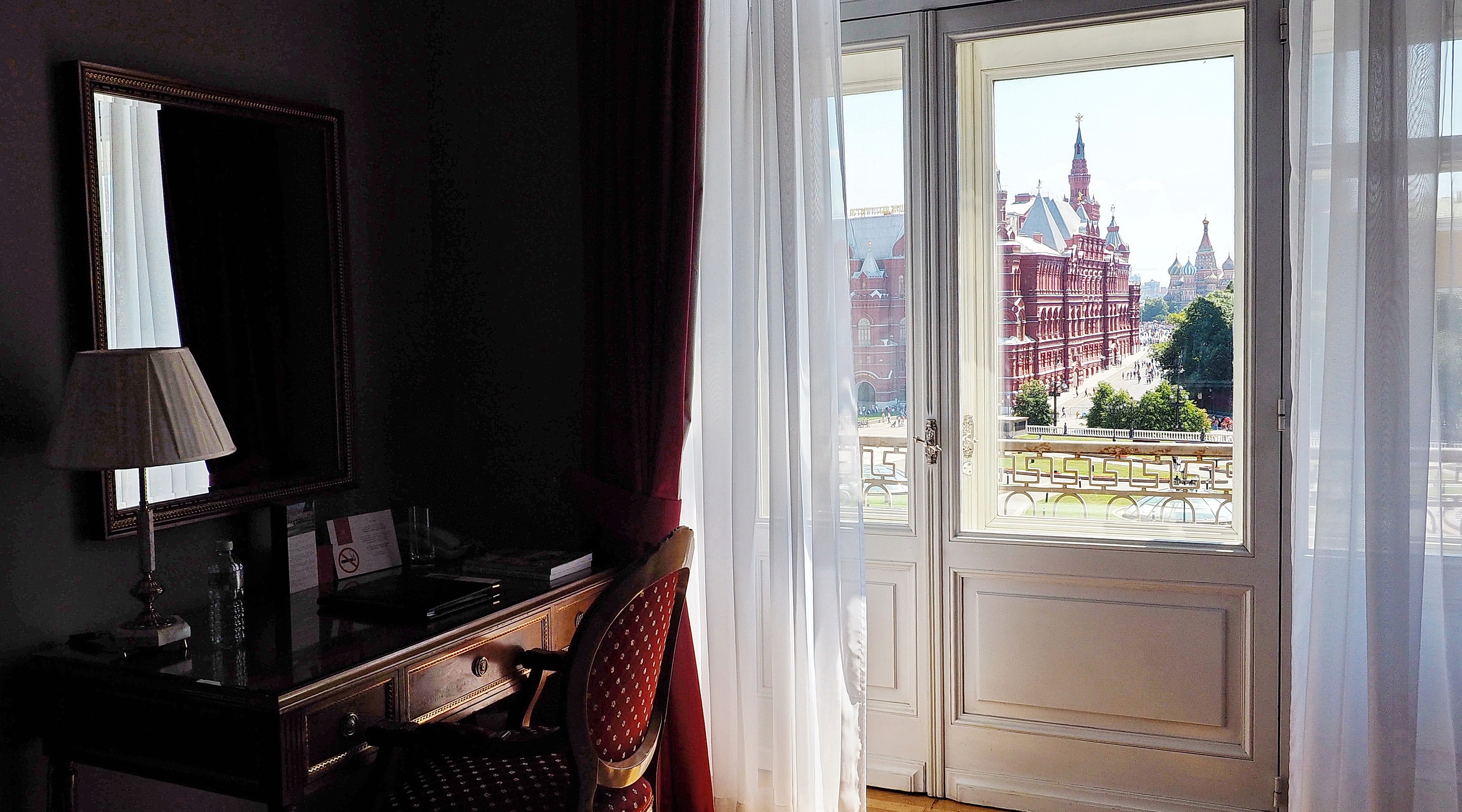You are never going to stop technology. You can either partner in its deployment or get run over by it. But, how do you keep things simple and find the right technology partners?
Alex, 45 years, has successfully run his motel in rural New Zealand for almost 10 years. Things have come a long way in this decade and his ways of doing hospitality business have changed completely.
His check-in register (now an online entity) is filled with entries from online booking platforms of all shades and sizes from the bookings and walk-ins. He fills up the gaps between attending to guests and general operations with a stream of marketing and distribution activities that keeps the till going.
Imagine if this was all done without the aid of the right technology. The Property Management System (PMS) may be the central nervous system of your property, but without support from other organs such as channel manager, website booking engine, revenue management system, etc., you may find yourself losing the battle.
[interaction id=”5ce346aeb015b4dcd4df98b2″]
However, picking the best and most relevant technology for your hotel is too often an anxiety-inducing process with a seemingly endless choice of providers that all suspiciously promise to solve every single headache.
So, where does one begin? How do you keep things simple? Here’s what Alex did to master the technology at his motel.
-
Established clear goals for his technology partnerships.
What do you want to achieve with each technology, how do you measure its success and how these will be evaluated should form a part of your pre-purchase check.
-
Kept the infrastructure simple.
Gone are the days of expensive, on-premise systems. Cloud-based software solutions are the way to go – easy to set up, maintain and accessible from anywhere.
-
Chose integrated technology options.
In a world where your PMS does not talk to your channel manager or your revenue management system was set up in its own silo, you’d be doing a lot of sitting behind a screen and very little to deliver a great guest experience. Integration of all your information technology where rates and availability flow seamlessly critical to success. It also allows you to build robust guest profiles and a data structure that can help you predict the future and better, and ultimately, serve your guests better.
-
Leaves numbers and analysis to the technology.
Building and tweaking reports in excel sheets is a time-consuming task. Let technology come to your aid with automated reporting and detailed insights so you can make smarter – hopefully, error-free decisions – and focus on delivering an excellent guest experience.
-
Went for technology built for humans.
Test try technology before you buy it and assess for usability. A feature-rich platform that is difficult to navigate and requires constant training to be worked upon is not ideal in any scenario. Pay careful attention to the UX of the platform you’ve chosen – it should be efficient and time-saving.
-
Looked at the service and support.
Glitches happen – it’s technology after all. Having the active support of your technology partners helps you ride this tide relatively easily.
-
Shopped around.
Do a swot analysis of features by every platform before you buy it. Use this swot analysis to compare various technology providers’ offerings. Also, map these features against what you’ll use and then decide on the most suited technology for your needs.
What were the checks and measures you took when buying technology? How did you find a technology architecture that is simple, yet comprehensive enough to cover your diverse needs? Share your inputs with us on marketing @staah.com



